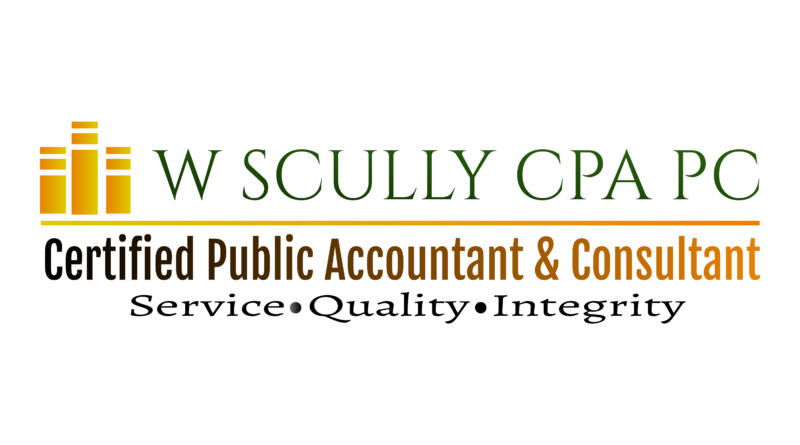IRS Levies: What You Need to Know
BY WAYNE SCULLY
In the vast majority of cases, people who have tax debt will start to pay attention to the series of letters the Internal Revenue Service (IRS) sends them as they become increasingly more threatening. So being proactive and addressing the problem head on is always the best approach. But what happens if you ignore those IRS nasty-grams? Bad things.
The IRS is the largest and most effective collection agency on the planet. Their reach is international and they have the authority to take your money, an authority they exercise frequently. In fiscal year 2020, the IRS “only” wielded this power 396,269 times, which declined nearly 50 percent from 2019 due to COVID.
These IRS enforcement actions, called levies, are the most common actions the agency takes to collect money from debtors. Most people are far more afraid of a seizure, but these are rare. Levies, on the other hand, are common and occur quite rapidly, and they don’t require a court order. The two most common levies are bank levies and wage levies.
BANK LEVIES
Have you or a third-party, like your bank paying you interest, ever provided the IRS with your bank account information? If yes, then congratulations, the IRS knows where you bank. If you owe the IRS money and don’t pay, they know exactly where to send a bank levy. In such a situation, the IRS will send a notice to your bank instructing them to withdraw all money in your account.
The bank is required to hold that money for 21 days before sending funds to the IRS. Theoretically, 21 days gives you enough time to contest. During this time, you must get your financial records organized, file an appeal against the levy, and try to obtain a levy release.
Think about the money sitting in your account right now. What is that money for? Maybe it’s for your rent or mortgage payment on the first of the month? Perhaps paying for your child’s summer camp? Maybe it’s for groceries or the electric bill? Now, imagine you wake up tomorrow morning and that money is gone. That’s what a bank levy from the IRS feels like.
If you are subject to an IRS bank levy, there is one small saving grace: only the money in the account on that day is subject to the levy. If your bank processes the levy and takes all the money out, it’s a one-time hit. The IRS would need to issue another levy in order to snag more funds, such as a direct deposit from your employer after the levy takes place. Speaking of your paycheck…
WAGE LEVIES
Most wage garnishments are the result of a court order. A creditor has to sue you in court, obtain a judgment, and then take legal action to obtain a wage garnishment. However, without ever going to court an IRS employee can issue a wage garnishment.
This gets sent to your employer, who is obligated to forward the majority of your paycheck to the IRS. If your employer fails to do this, the IRS can take action against them. Unlike a bank levy, all future paychecks are taken until the wage levy is released. Also, unlike the bank levy, there is no 21-day hold for a wage levy. Your employer is required to comply with the order on the next regular payroll period. How much would it impact your life if the IRS suddenly took 70 percent of your paycheck?
This is serious stuff. Most people that find themselves in this situation were well aware it was coming. The IRS is required to send a series of notices informing you of the actions they can take. Fixing either a wage garnishment or bank levy from the IRS requires rapid action, but there are things that can be done.

If you want a tax strategist who knows how to navigate the IRS maze, reach me at (718) 938-4601 or [email protected] to schedule a free consultation to explain options to permanently resolve your tax problem.




